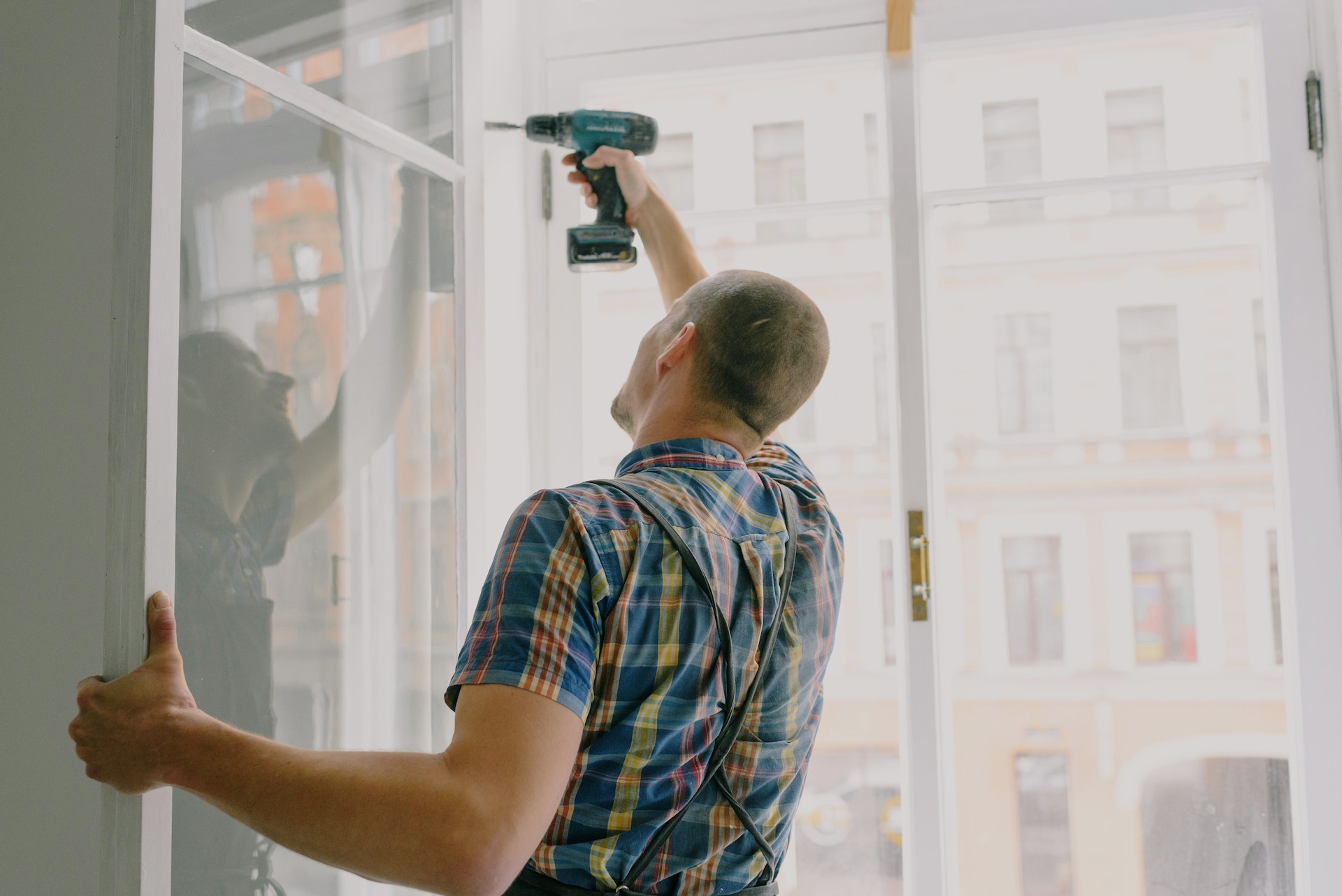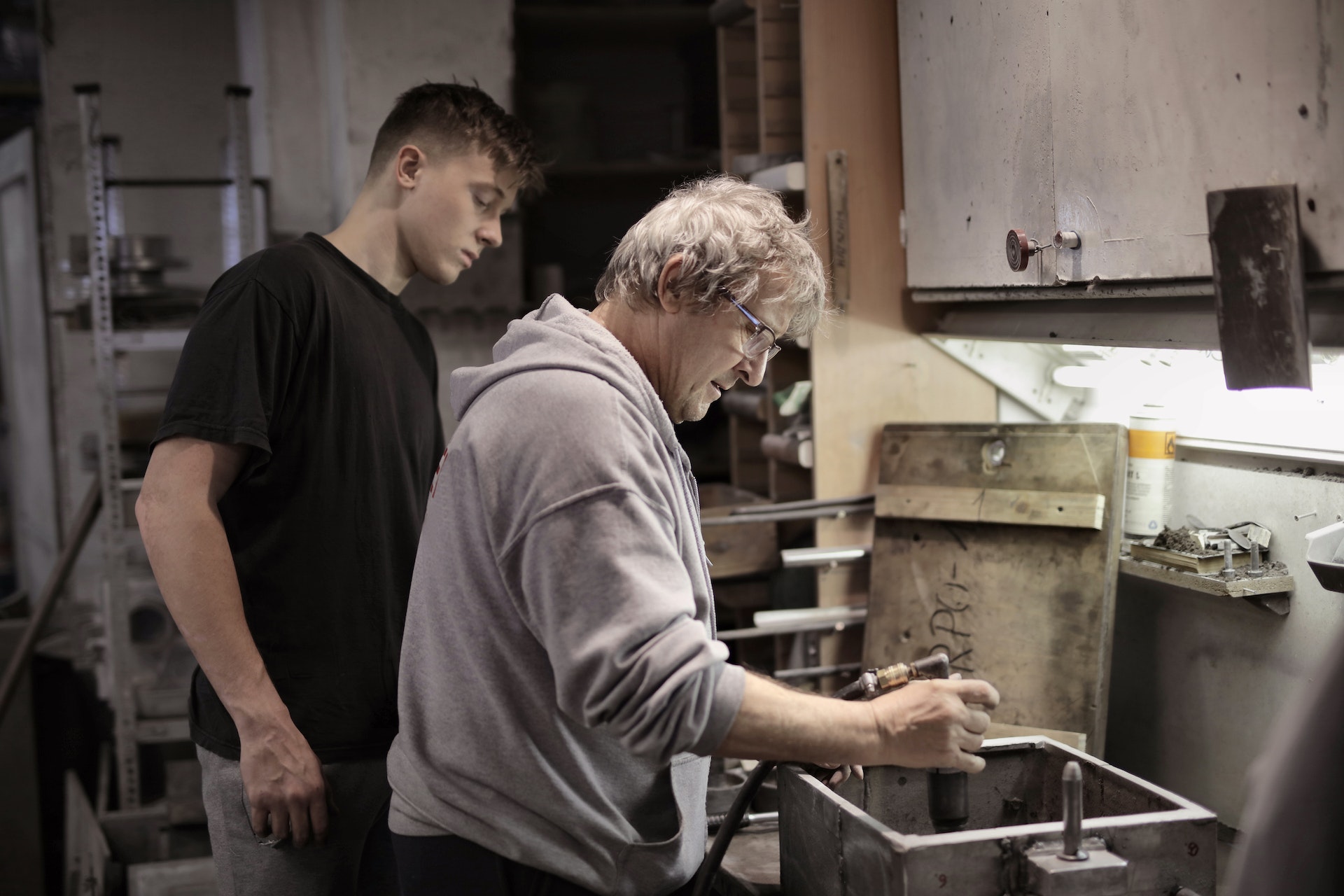Lessons From The Lavaughn Barnes Case: Workers Need Protection Now More Than Ever
Earlier this year, Lavaughn Barnes was convicted for the first-degree murder of Abduilo Arias- Lopez, a handyman who had previously completed a range of works for the Barnes family.
Author:Paolo ReynaReviewer:James PierceAug 26, 202328.7K Shares479.2K Views


Man held without bond on murder charges after turning himself in when decapitated body was found in
Earlier this year, Lavaughn Barnes was convictedfor the first-degree murder of Abduilo Arias-Lopez, a handyman who had previously completed a range of works for the Barnes family. The violent attack, which was seemingly random and potentially provoked by Barnes’ mental health issues, has served as an unwelcome wakeup call for countless handymen and other door-to-door professionals.
While there’s countless coverage of the risks posed by admitting strangers such as these workers into our homes, there’s surprisingly little coverage about the risks to those workers themselves. But, what can the Lavaugn Barnes case teach us with regard to worker safety, and what needs to change to stop a copycat case from arising in the near future?
What Do We Know About The Lavaughn Barnes Case?
Lavaugn Barnes was convicted of first-degree murder after a decapitated body was discovered in his sister’s backyard in February of this year. Barnes handed himself in after the discovery and admitted to killing Arias-Lopez last November when the handyman arrived to complete some painting work on the family’s kitchen. Barnes reports tasering Arias-Lopez in the head in an unprovoked attack, before shooting him and then decapitating his body.
Barnes’ lawyers argued that their client is mentally unwell, and his confession can’t be taken as the whole truth.
The Role Of The American Handyman
Handymen offer a staple service across America, providing door-to-door home improvements that span across requirements including painting, repairs, and general upkeep. Previously, much has been made about the risks of letting these professionals into our homes, but the Barnes case begs the question of whether the role of handymen is not risky in itself.
After all, by working in the homes of clients who are often strangers, these professionals open themselves to a range of risks, including false accusations for things like robbery and assault, kidnappingor otherwise being prevented from leaving, and even, as the Barnes case proves murder.
This is a worrying realization brought into the open in one of the most violent ways possible, and it unsurprisingly sent shockwaves of doubt across the industry. But, with around 80% of American householdsrequiring the services of a handyman at least once a year, it’s an industry that we should be fighting hard to keep a hold on.
What Protection Looks Like For Door-To-Door Professionals
The better protected our door-to-door professionals feel, the more likely they are to feel safe, secure, and settled in their roles as a handyman or whatever else. Yet, if we carry on blithely overlooking the safety of these professionals, it’s far less likely that the industry will enjoy its projected growth of as much as 3% through to 2025. That could be bad news for Americans who are already suffering from significant maintenance backlogs, and it’s something that can be avoided by simply considering door-to-door protections that may include -
Increased Home Security
Increased home security measures like CCTV surveillanceare important when letting anyone into your home. But security recordings like these can also prove invaluable for workers who deserve protection just as much as homeowners do.
With a reliable, visible home security setup, homeowners can offer professionals an added peace of mind in a variety of ways, including reassurance against false accusations of crimes like theft, and, in light of the Barnes case, against the risk of things like physical violence.
Reliable Insurance Policies
While the Barnes case is an extreme case in point, it does highlight the risks inherent in the door-to-door operations of professionals like handymen. This is a job that’s entirely dependent on a professional's ability to work, and a client’s willingness to pay for that work.
With a specific handyman insurancepolicy, professionals will be far better able to ensure a regular income that’s not at risk from injuries they sustain, or any damage they may inadvertently cause in the home. The promise of immediate and complete financial reimbursement if a job doesn’t go according to plan can particularly go a long way towards calming angry clients who may, otherwise, resort to violent measures.
Collaborative Working
Working alone is perhaps the main risk that many door-to-door professionals face, especially when they aren’t sharing their whereabouts with anyone back home. This leaves clients with far less culpability than they would have otherwise which can, in cases like the Barnes murder, result in extreme acts.
By working collaboratively with at least one other professional in the area, handymen and others like them are far better able to protect themselves and leave a paper trail of their whereabouts. Even simply hiring admin staffto keep track of locations and timings could result in far more immediate action being taken if things don’t go according to plan.
Choosing Jobs Wisely
All handymen should appraise jobs carefully when giving a quote, and avoid working for individuals who seem threatening or unpleasant in some way. Equally, if a job seems strange or suspect, a door-to-door professional is far better off if they simply walk away.
This way, it’s possible to build a more reliable roster of regular and trustworthy clients who will always keep professional safety in mind.
Awareness Of The Risks
The Barnes case serves as unfortunate and shocking proof of the risks that door-to-door professionals face, but those are risks that all such professionals should acquaint themselves with.
After all, the better they understand what clients may be capable of in extreme situations, the better able they’ll be to protect themselves against those eventualities.
The Realities Of Door-To-Door Safety
The realities of door-to-safety are shocking, and they deserve ample time and attention from anyone in the industry, or considering employing these services. These individuals are, after all, invaluable to the American workforce, and they’re facing increasing risks in their everyday operations. Increased protections, and awareness of cases like the Lavaughn Barnes conviction, are the best way to make sure that handymen are protected, secure, and happy to come into people’s homes for a long time to come.

Paolo Reyna
Author

James Pierce
Reviewer
Latest Articles
Popular Articles

